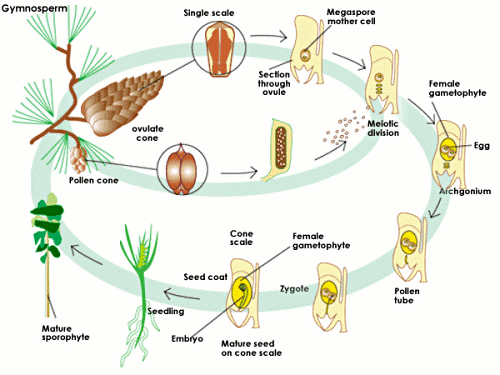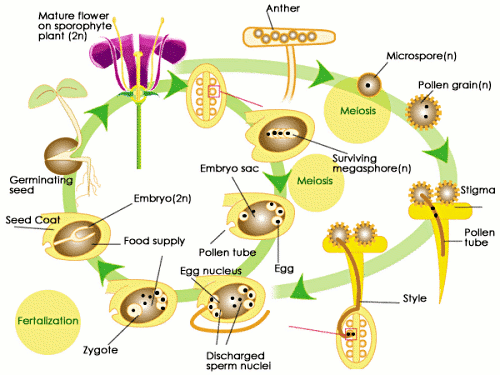Please wait while we process your payment
If you don't see it, please check your spam folder. Sometimes it can end up there.
If you don't see it, please check your spam folder. Sometimes it can end up there.
Please wait while we process your payment
Get instant, ad-free access to our grade-boosting study tools with a 7-day free trial!
Learn more



Create Account
This site is protected by reCAPTCHA and the Google Privacy Policy and Terms of Service apply.
Log into your PLUS account
Create Account
Select Plan
Payment Info
Start 7-Day Free Trial!
Select Your Plan
Monthly
$5.99
/month + tax
Annual
$29.99
/year + taxAnnual
2-49 accounts
$22.49/year + tax
50-99 accounts
$20.99/year + tax
Select Quantity
Price per seat
$29.99 $--.--
Subtotal
$-.--
Want 100 or more? Request a customized plan
Monthly
$5.99
/month + taxYou could save over 50%
by choosing an Annual Plan!

Annual
$29.99
/year + taxSAVE OVER 50%
compared to the monthly price!
| Focused-studying | ||
| PLUS Study Tools | ||
| AP® Test Prep PLUS | ||
| My PLUS Activity | ||
Annual
$22.49/month + tax
Save 25%
on 2-49 accounts
Annual
$20.99/month + tax
Save 30%
on 50-99 accounts
| Focused-studying | ||
| PLUS Study Tools | ||
| AP® Test Prep PLUS | ||
| My PLUS Activity | ||
Testimonials from SparkNotes Customers
No Fear provides access to Shakespeare for students who normally couldn’t (or wouldn’t) read his plays. It’s also a very useful tool when trying to explain Shakespeare’s wordplay!
Erika M.
I tutor high school students in a variety of subjects. Having access to the literature translations helps me to stay informed about the various assignments. Your summaries and translations are invaluable.
Kathy B.
Teaching Shakespeare to today's generation can be challenging. No Fear helps a ton with understanding the crux of the text.
Kay H.
Testimonials from SparkNotes Customers
No Fear provides access to Shakespeare for students who normally couldn’t (or wouldn’t) read his plays. It’s also a very useful tool when trying to explain Shakespeare’s wordplay!
Erika M.
I tutor high school students in a variety of subjects. Having access to the literature translations helps me to stay informed about the various assignments. Your summaries and translations are invaluable.
Kathy B.
Teaching Shakespeare to today's generation can be challenging. No Fear helps a ton with understanding the crux of the text.
Kay H.
Create Account
Select Plan
Payment Info
Start 7-Day Free Trial!
Payment Information
You will only be charged after the completion of the 7-day free trial.
If you cancel your account before the free trial is over, you will not be charged.
You will only be charged after the completion of the 7-day free trial. If you cancel your account before the free trial is over, you will not be charged.
Order Summary
Annual
7-day Free Trial
SparkNotes PLUS
$29.99 / year
Annual
Quantity
51
PLUS Group Discount
$29.99 $29.99 / seat
Tax
$0.00
SPARK25
-$1.25
25% Off
Total billed on Nov 7, 2024 after 7-day free trail
$29.99
Total billed
$0.00
Due Today
$0.00
Promo code
This is not a valid promo code
Card Details
By placing your order you agree to our terms of service and privacy policy.
By saving your payment information you allow SparkNotes to charge you for future payments in accordance with their terms.
Powered by stripe
Legal
Google pay.......



Thank You!
Your group members can use the joining link below to redeem their membership. They will be prompted to log into an existing account or to create a new account. All members under 16 will be required to obtain a parent's consent sent via link in an email.Your Child’s Free Trial Starts Now!
Thank you for completing the sign-up process. Your child’s SparkNotes PLUS login credentials are [email] and the associated password. If you have any questions, please visit our help center.Your Free Trial Starts Now!
Please wait while we process your payment

Sorry, you must enter a valid email address
By entering an email, you agree to our privacy policy.
Please wait while we process your payment

Sorry, you must enter a valid email address
By entering an email, you agree to our privacy policy.
Please wait while we process your payment

Your PLUS subscription has expired
Please wait while we process your payment
Please wait while we process your payment
Month
Day
Year
Please read our terms and privacy policy
Please wait while we process your payment

Alternation of Generations
All plants undergo a life cycle that takes them through both haploid and diploid generations. The multicellular diploid plant structure is called the sporophyte, which produces spores through meiotic (asexual) division. The multicellular haploid plant structure is called the gametophyte, which is formed from the spore and give rise to the haploid gametes. The fluctuation between these diploid and haploid stages that occurs in plants is called the alternation of generations. The way in which the alternation of generations occurs in plants depends on the type of plant. In bryophytes (mosses and liverworts), the dominant generation is haploid, so that the gametophyte comprises what we think of as the main plant. The opposite is true for tracheophytes (vascular plants), in which the diploid generation is dominant and the sporophyte comprises the main plant.
Bryophytes are nonvascularized plants that are still dependent on a moist environment for survival (see Plant Classification, Bryophytes . Like all plants, the bryophyte life cycle goes through both haploid (gametophyte) and diploid (sporophyte) stages. The gametophyte comprises the main plant (the green moss or liverwort), while the diploid sporophyte is much smaller and is attached to the gametophyte. The haploid stage, in which a multicellular haploid gametophyte develops from a spore and produces haploid gametes, is the dominant stage in the bryophyte life cycle. The mature gametophyte produces both male and female gametes, which join to form a diploid zygote. The zygote develops into the diploid sporophyte, which extends from the gametophyte and produces haploid spores through meiosis. Once the spores germinate, they produce new gametophyte plants and the cycle continues.
Tracheophytes are plants that contain vascular tissue; two of the major classes of tracheophytes are gymnosperms (conifers) and angiosperms (flowering plants). Tracheophytes, unlike bryophytes, have developed seeds that encase and protect their embryos. The dominant phase in the tracheophyte life cycle is the diploid (sporophyte) stage. The gametophytes are very small and cannot exist independent of the parent plant. The reproductive structures of the sporophyte (cones in gymnosperms and flowers in angiosperms), produce two different kinds of haploid spores: microspores (male) and megaspores (female). This phenomenon of sexually differentiated spores is called heterospory. These spores give rise to similarly sexually differentiated gametophytes, which in turn produce gametes. Fertilization occurs when a male and female gamete join to form a zygote. The resulting embryo, encased in a seed coating, will eventually become a new sporophyte.


Please wait while we process your payment





